The Musk Experience started off pretty lame, but ever since he decided that he was actually going to give us all our accounts back – with some pending – he seems to have turned a corner.
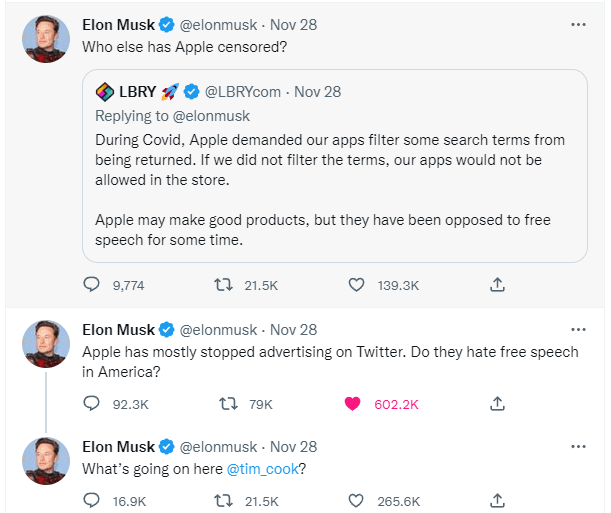
Yesterday he went after Apple with a series of tweets and retweets.
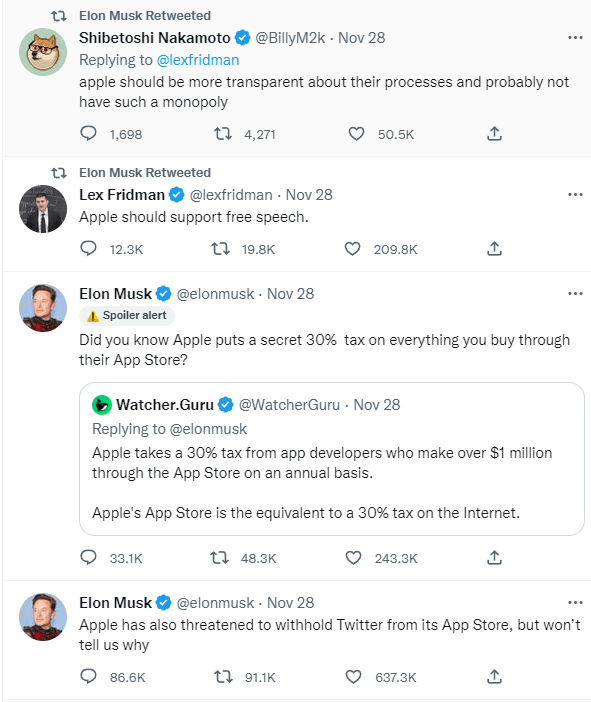
Yes, he retweeted Lex Friedman, but it is what it is. As long as people aren’t convinced that Elon is going on a 1488 revenge tour for what happened to South Africa, and understand him more as a homosexual bull let loose in a They-American owned china shop, one can only be positively surprised.
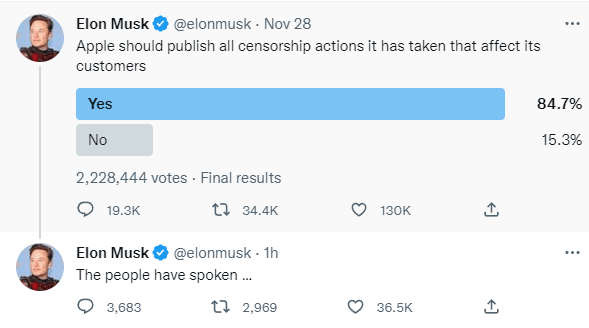
Elon Musk said that he would create a smartphone if Twitter is banned from Apple and Google app stores.
Podcaster Liz Wheeler first proposed the idea to Musk via Twitter: “If Apple & Google boot Twitter from their app stores, @elonmusk should produce his own smartphone. Half the country would happily ditch the biased, snooping iPhone & Android. The man builds rockets to Mars, a silly little smartphone should be easy, right?”
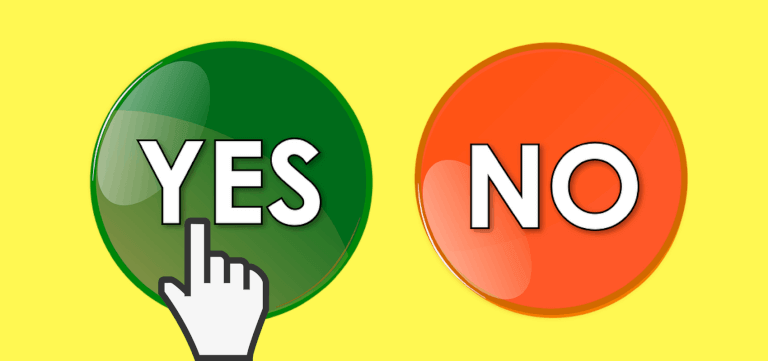
Musk himself replied to her in the affirmative.
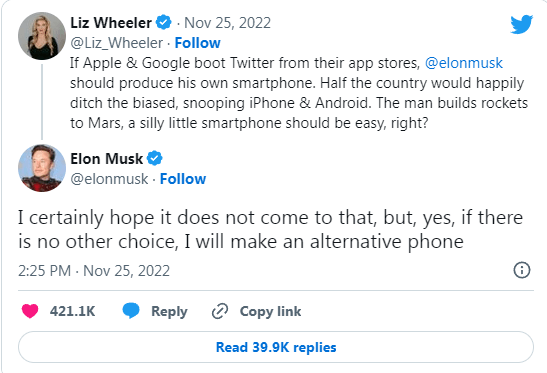
He also tweeted a meme about not having to pay the 30% revenue app store tax from Apple and Google, although I believe he deleted said tweet, because I can’t find it anymore even in his replies. Twatter will probably never make a huge amount of money per user, but if they can average something like a single dollar of revenue per user per year, and they already have a quarter of a million users and are looking for more, then we’re looking at a quarter million in revenue. Last year, while they lost $200+ million, they already had over $5 billion in revenue, a number that may jump higher due to the new business models he seems to be trying out.
On top of that, Musk is ostensibly the richest man in the world. Now, take that all with a grain of salt, but he’s undoubtedly wealthy. How expensive would it be for this man to build a competitor smartphone?
The conversation about which operating system to use was at least one that all of Apple’s top executives were familiar with. They were less prepared to discuss the intricacies of the mobile phone world: things like antenna design, radio-frequency radiation, and network simulations. To ensure the iPhone’s tiny antenna could do its job effectively, Apple spent millions buying and assembling special robot-equipped testing rooms. To make sure the iPhone didn’t generate too much radiation, Apple built models of human heads—complete with goo to simulate brain density—and measured the effects. To predict the iPhone’s performance on a network, Apple engineers bought nearly a dozen server-sized radio-frequency simulators for millions of dollars apiece.
Even Apple’s experience designing screens for iPods didn’t help the company design the iPhone screen, as Jobs discovered while toting a prototype in his pocket: To minimize scratching, the touchscreen needed to be made of glass, not hard plastic like on the iPod. One insider estimates that Apple spent roughly $150 million building the iPhone.
The development cost for the original iPhone was $150 million. They had to do a ton of research and development on a variety of aspects of the phone, as well as figure out a working design. None of that needs to be done for any current smartphone. Modern phones have converged on a standard design that simply works, and can easily be copied. But even if we throw out a price tag of something in the neighbourhood of $100 million to develop, Musk would make that money back if the product was merely decent.
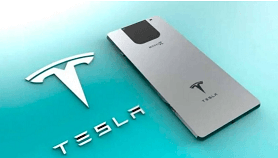
Whether Musk will go ahead with any of this remains to be seen, but it’s certainly doable. Building a modern smartphone in 2022 is like making your own text editor in 2003. Sure, it’s not something anyone can do, but the real geniuses figured it out a few decades ago.

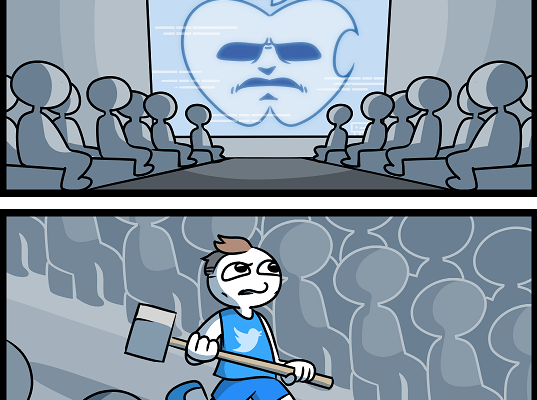



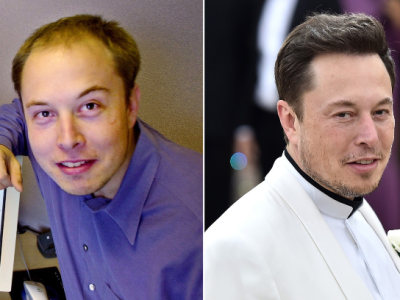

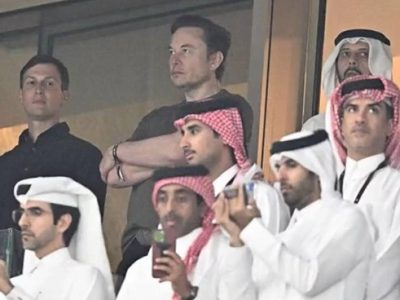
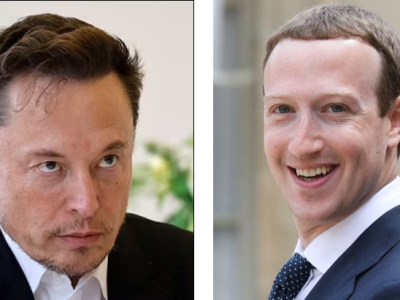


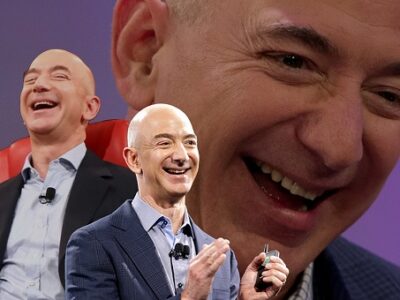
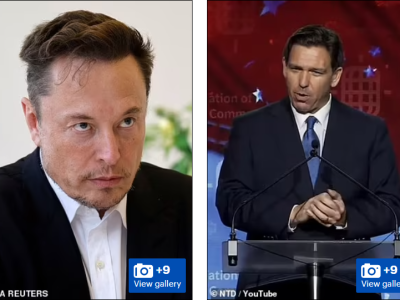

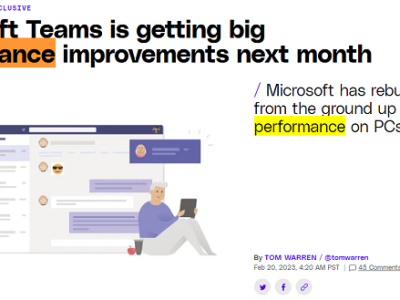
The biggest issue Musk would face with making a new phone is manufacturing. As I understand it there is very little spare production capacity in the semiconductor industry, as evidenced by the mass shortages caused by covid lockdowns. Either the Elon phone (ephone?) would have a small initial production run, or Musk would have to be willing to invest billions in new factories in order to have a serious shot at competing.